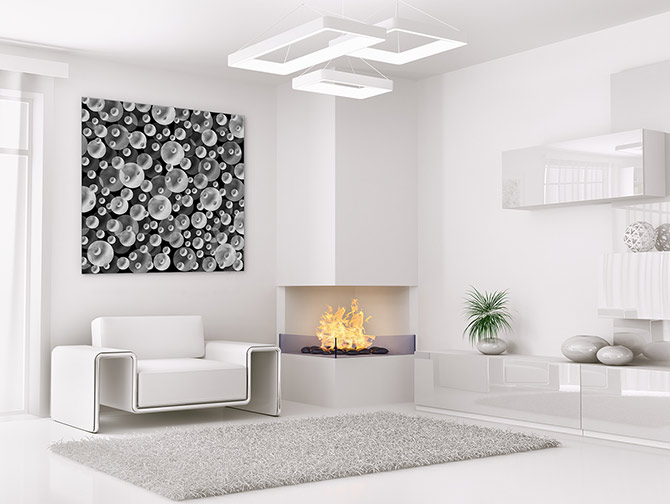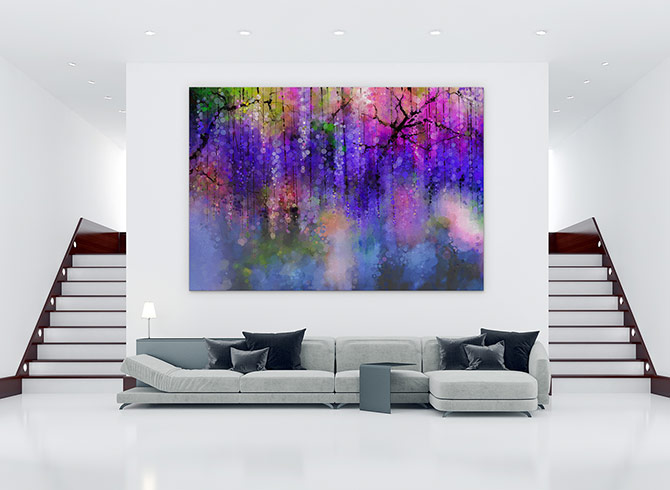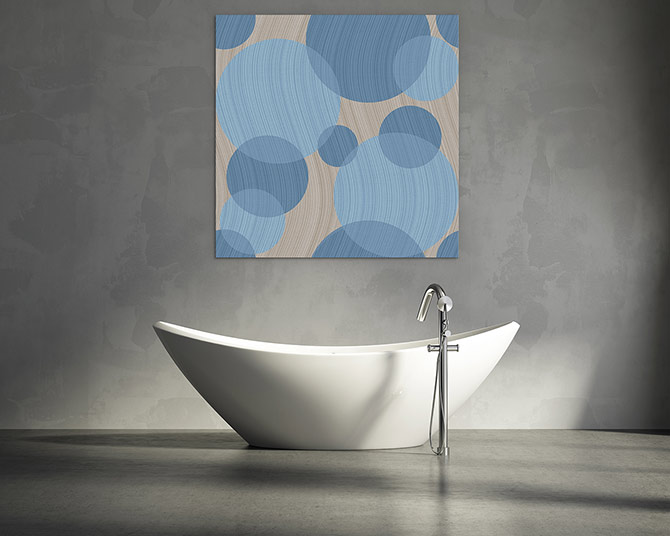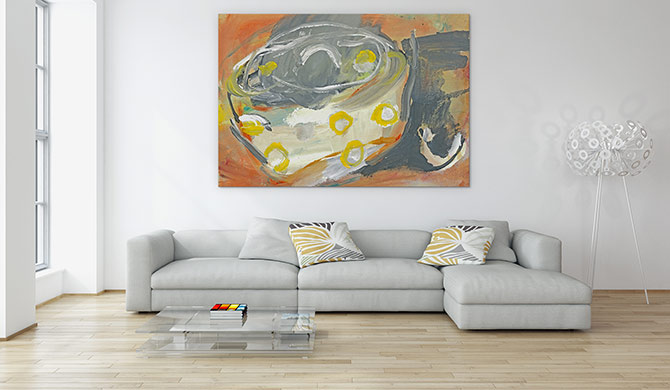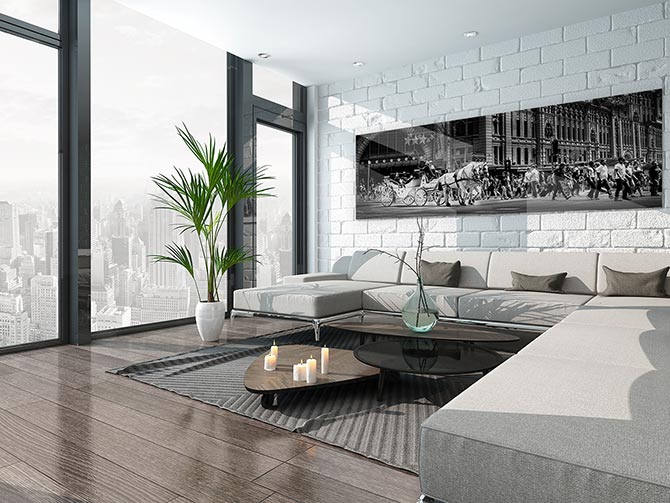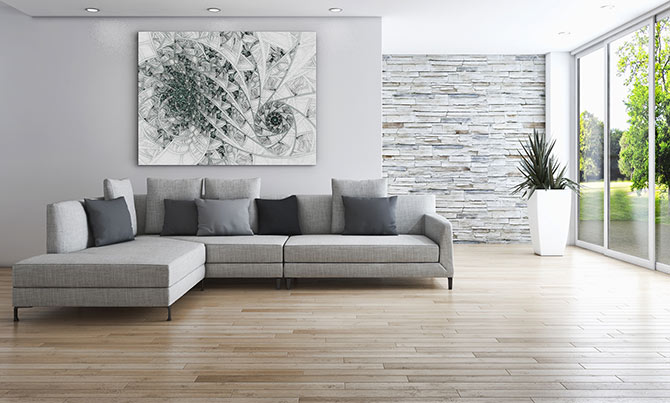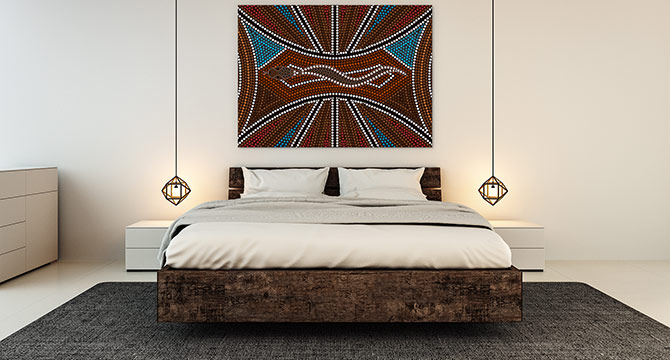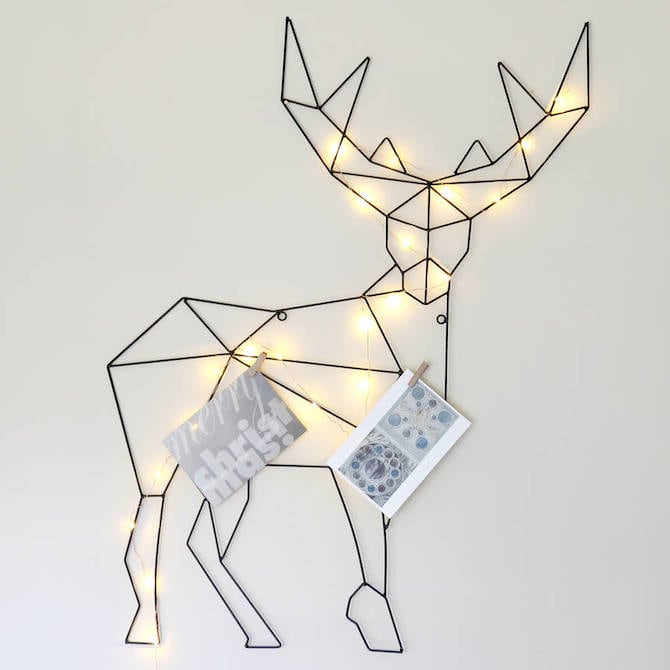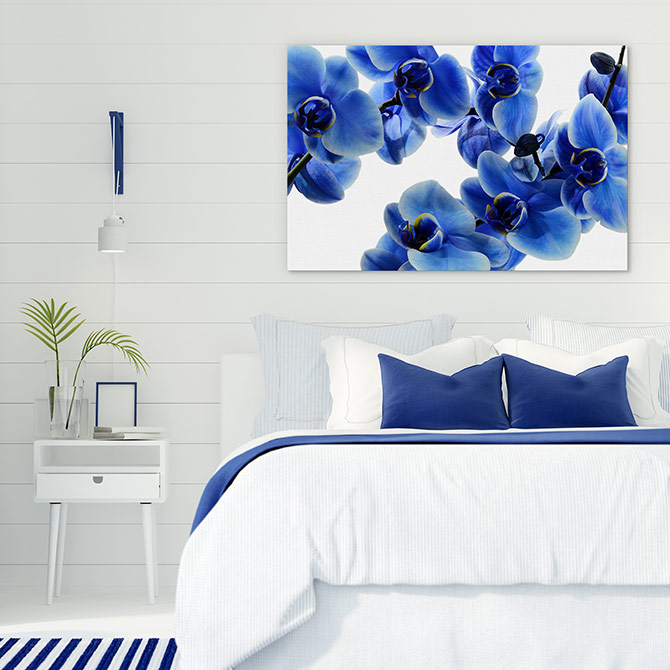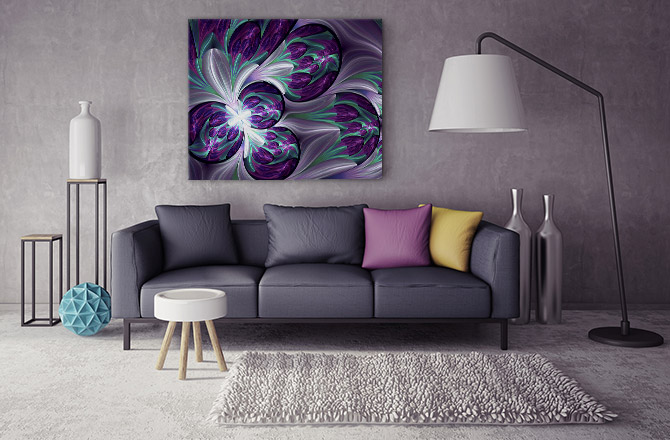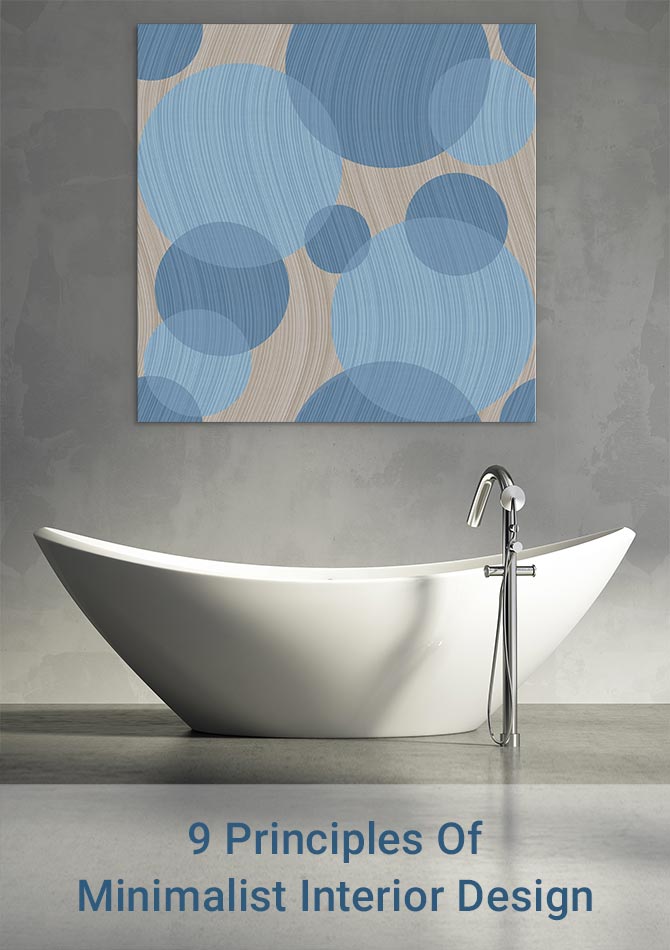
‘Minimalism is about creating space to live simply and meaningfully; it’s about living intentionally,’ Dr Laurie Buchanan.
There’s more to minimalist interior design than meets the eye. Where you might think stark, minimalists see simple. You might think cold but minimalists see sleek. And where you might think boring, minimalists see sexy.
And there are very good reasons for that. The average household has 300 000 items or more. Which leads to the average person spending twelve days per year looking for things they can’t find, in their own home. The art of minimalism extends beyond home design and into a lifestyle. A lifestyle that is said to have an abundance of benefits, such as more contentment, less stress and more freedom.
There is beauty in simplicity, but like any interior design style, there’s also an element of skill required. There’s also a clear intention behind the decisions made. Here are nine principles to getting minimalist design just right.
1. Invest in quality fixtures
While some minimalist movements are about embracing frugality, minimalist interior design it not necessarily about spending less. The popular minimalist bachelor/bachelorette pad owned by the wealthy professional is a clear testament to that.
Quality fixtures, like designer light fittings, high grade storage units and contemporary gas fires, are an impressive way to decorate without cluttering.
2. Choose multifarious materials
The minimalist design style doesn’t have to be about boring “same, same”.
Traditionally, the minimalism design principles feature a muted colour palette and you can offer texture by using a variety of materials, such as timber, glass, pottery, cloth and canvas. The design style is all about marrying form and function, which can be easily done with a rich texture in a functional home item.
‘The past becomes a texture, an ambience to our present,’ Paul Scott.
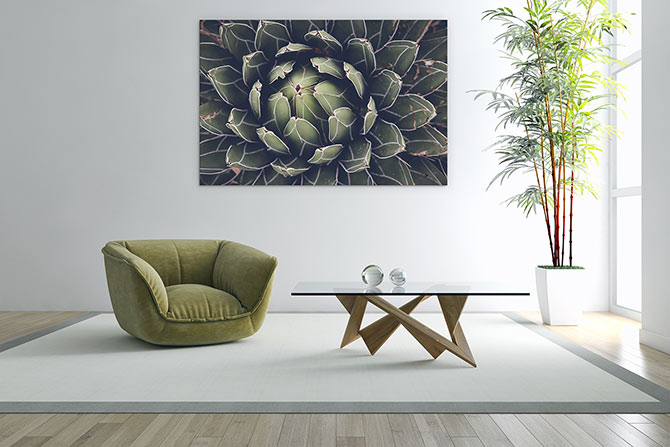
3. Select a stand out piece of furniture
If you’re stuck on where to start, find a stand out piece of furniture and let it shine. It’s then about building a story around it with lamps, plants and art.
Saying yes to colour doesn’t automatically mean you’re inviting chaos into your world of minimalism. But you do need to retain the principles of form and function and a clear line connecting your interior design.
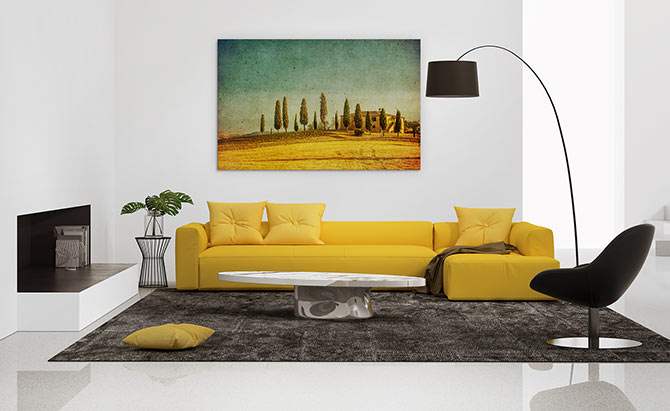
4. Let a work of art dominate
Although it may, at first, seem against the rules of minimalist design, choose a single supersized art piece for a room and let it dominate. Add colour and life to an austere masculine space with gorgeous feminine art, whilst retaining simple, modern furniture around it.
5. Add accent elements
Mix up a neutral decor (think grey, stone, beige) with an element in a contrasting colour, like a work of art, piece of furniture or feature wall.
An accent element is kind of like giving a room a surprise and it doesn’t have to be garish. It’s simply a wonderful way to draw attention to something extra special rather than it getting lost in a crowd.
6. Keep furniture simple
With the variety available in today’s marketplace, it’s easy to get carried away when choosing furniture. With minimalist design, it’s sensible to downplay the furniture and choose something that’s simple in design lets other elements take centre stage, like art.
7. Let views speak for themselves
If your home features a phenomenal view, scale back the complexity of the indoor space and let the focal point be the view itself in all its glory. Keep furniture simple and remove items that you don’t use. Opt for one or two indoor plants and some complementary artwork.
8. Allow plenty of open space
Avoid the temptation to fill space with furniture just because there’s plenty to fill. Really, the idea is to keep everything open when it comes to minimalist interior design. Relax into the expanse. Space rules.
9. Use light as decor
Think outside the functionalist square and opt for lighting that’s beautiful. Chandeliers may be a minimalist’s worst nightmare, but there are some stunning lights available that are works of art in themselves that can complement any minimalist interior design.
Hanging drop lights work well or seek out a frosted glass pendant light to add that Scandi look.
Not sure where to start?
If you’re considering adopting minimalism interior design to complement a minimalist lifestyle, why not start by paring back everything in your home. There are plenty of Australians doing the same.
‘Over a period of 12 months we decluttered and removed over 20,000 items from our home: clothes, sentimental items, duplicates, decor and furniture,’ Domain reports.
Furthermore keep the items that bring you joy or positive emotions when you look at them, such as art, a comfortable lounge or indoor plants, and enjoy your new lifestyle.

